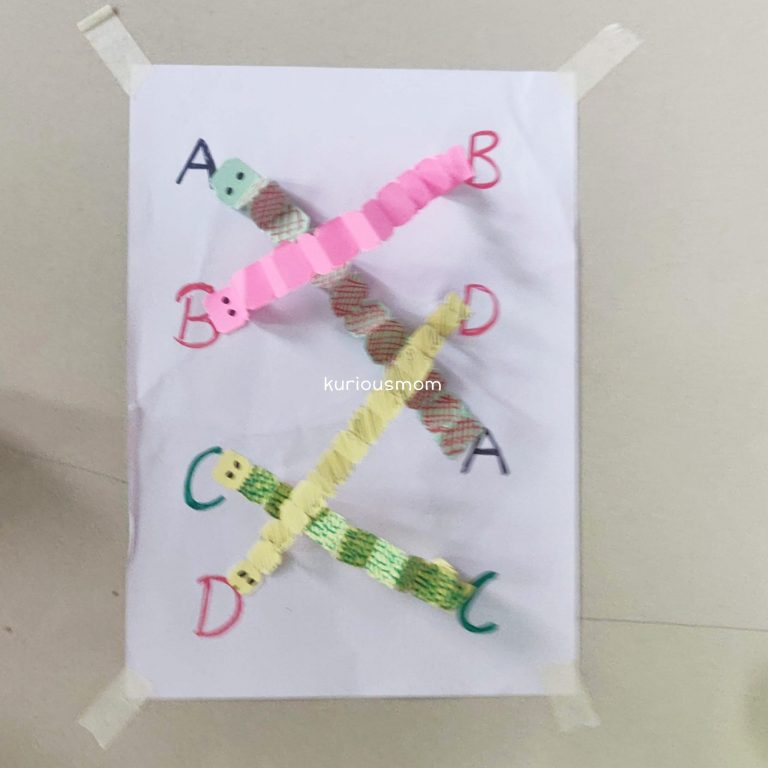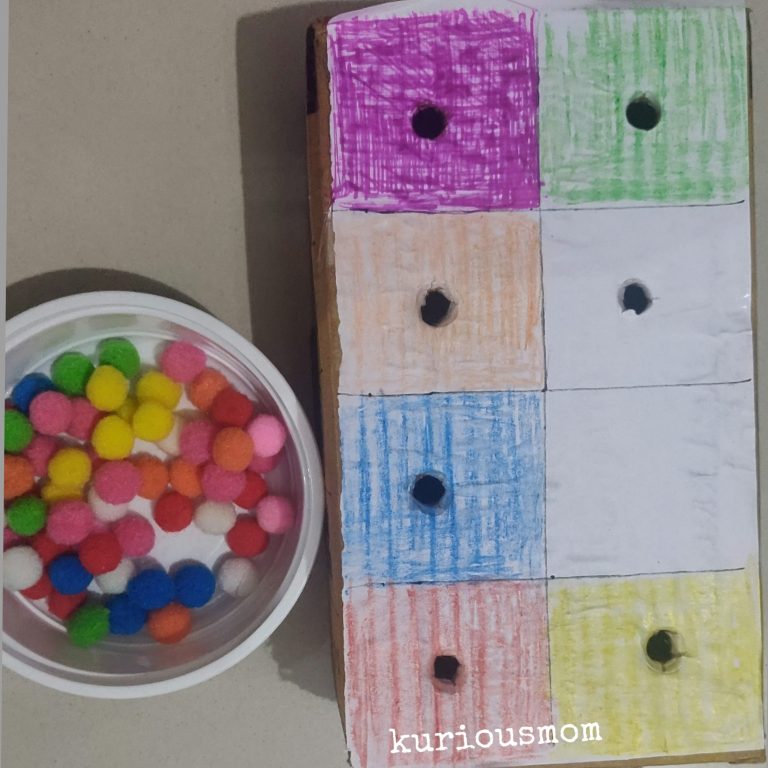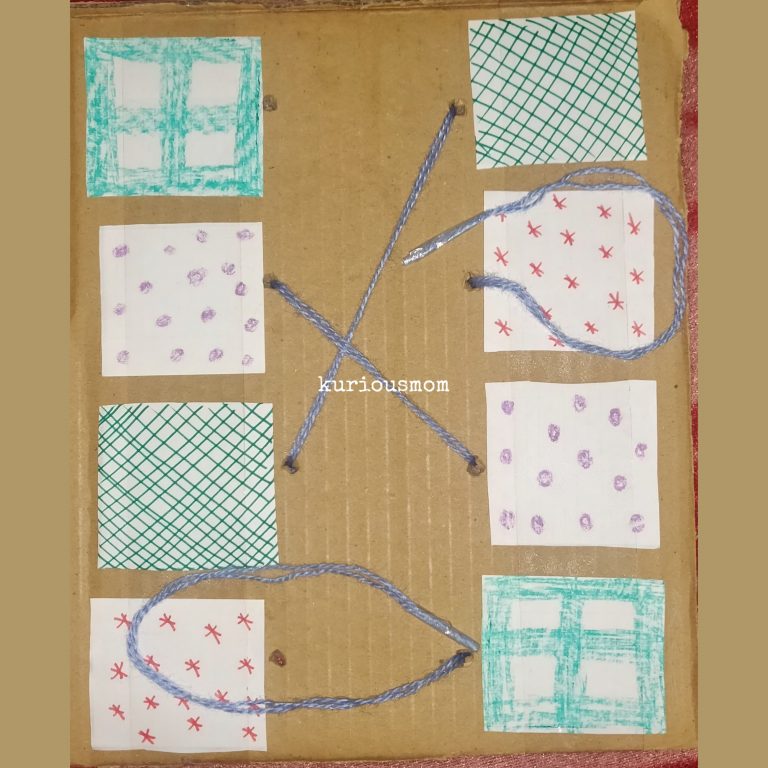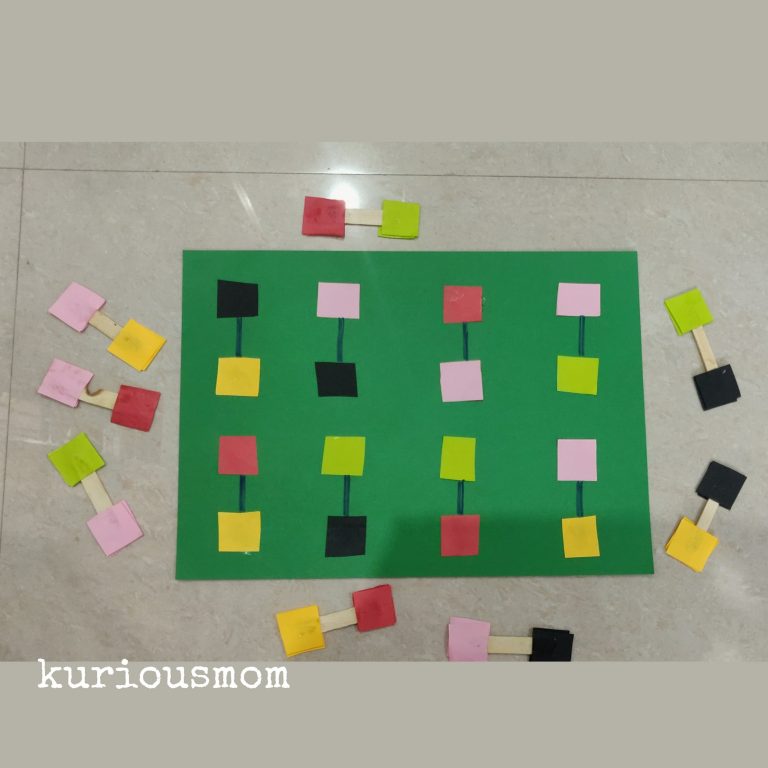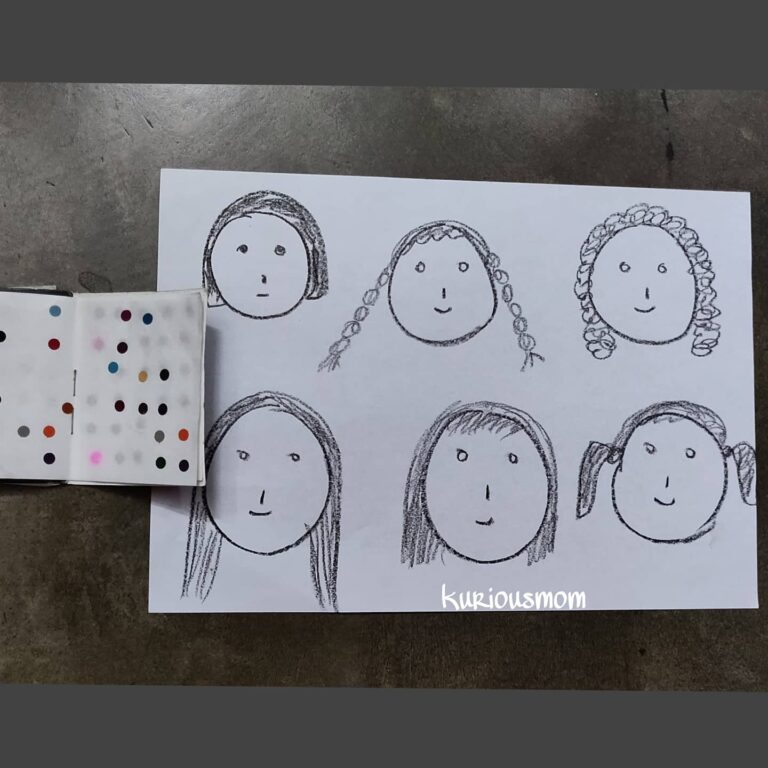What are fine motor skills?
Fine motor abilities refer to all of the little tasks that need the use of your small finger muscles. It is employed in our daily lives, whether at school, at work, or at home.

Some examples of fine motor skills include:
- Writing with pen or pencil.
- Cutting paper with scissors.
- Drawing and colouring.
- Eating on own.
- Building with block puzzles
Why are fine motor skills important?
Brushing, eating with a spoon, and buttoning are just a few of the actions that need fine motor abilities in our daily lives. It’s also important in writing and sketching. As a result, superior fine motor skills are required to complete these day-to-day chores more efficiently.
Basic activities for babies and toddlers
Most of the activities in our day to day life use fine motor skills whether it’s brushing, eating with a spoon or buttoning. It also plays a major role in writing or drawing. So to perform these day to day tasks more efficiently we need to have good fine motor skills.
0 to 6 months
-
- Is capable of grasping objects
- Can use both hands to shake a toy
6 to 12 months
- Objects can be held and placed in the mouth.
- Can strike the thing as if it were a drum.
- Hands can be clapped.
- They are able to feed themselves finger foods.
- Thumb and index finger are capable of grasping little objects.
12 month to 2 years
- can construct a block tower
- Is able to scribble using crayons
- Able to eat it with a spoon.
- Flip one page at a time in a book
- Placing objects in the small mouth bottle.
- Peeling fruits such as boiled eggs or potato.


